Here is a list of Jafar Panahi Film Productions, sorted by popularity ascending:
“Offside” (2006) – A group of Iranian women try to sneak into a soccer stadium to watch a World Cup qualifying match, despite a ban on women attending such events.
The film won the Silver Bear award at the Berlin International Film Festival and was widely praised for its feminist themes and social commentary.
“This Is Not a Film” (2011) – A documentary film shot entirely inside Jafar Panahi’s apartment, while he was under house arrest in Iran. The film explores the limitations placed on his filmmaking by the Iranian government, and serves as a powerful statement on artistic freedom and creative expression.
“Taxi” (2015) – A film shot entirely inside a taxi cab, in which Jafar Panahi drives around the streets of Tehran and picks up a diverse group of passengers.
The film won the Golden Bear award at the Berlin International Film Festival and was praised for its creative approach to storytelling and commentary on Iranian society.
“The Circle” (2000) – A film that follows the interlocking stories of several women in Iran, all of whom are affected by the country’s strict laws regarding gender and sexuality.
The film won the Golden Lion award at the Venice Film Festival and was widely praised for its unflinching portrayal of the challenges faced by women in Iranian society.
“Closed Curtain” (2013) – A film about a man who retreats to a secluded house by the sea with his dog, only to be interrupted by a young woman who seeks refuge from the authorities.
The film won the Silver Bear award at the Berlin International Film Festival and was praised for its allegorical themes and its commentary on the role of art and artists in contemporary Iran.
Best Jafar Panahi Films
Each of these films is a powerful and moving exploration of Iranian society, and showcases Jafar Panahi’s unique voice and his ability to make powerful statements through his filmmaking.
1. Taxi (III) (2015)
No poster available
“Taxi” (also known as “Taxi Teheran”) is a 2015 Iranian film directed by Jafar Panahi. The movie features Panahi himself, who drives a taxi around Tehran and picks up passengers, who share their stories and perspectives on life in modern Iran.
The film is a mixture of documentary and fiction, as Panahi interacts with real people in Tehran and incorporates their stories into the film. The stories touch on a variety of topics, including political oppression, censorship, poverty, and the role of women in Iranian society.
“Taxi” received critical acclaim for its innovative and unique approach to storytelling, as well as its commentary on the social and political issues facing Iran.
The film has been praised for its humor, warmth, and humanity, as well as its ability to capture the daily struggles and joys of life in Tehran.
Despite being banned from making films by the Iranian government, Jafar Panahi continues to produce powerful and thought-provoking films like “Taxi”. The film stands as a testament to his talent and his commitment to using cinema as a means of social and political commentary.
2. 3 Faces (2018)
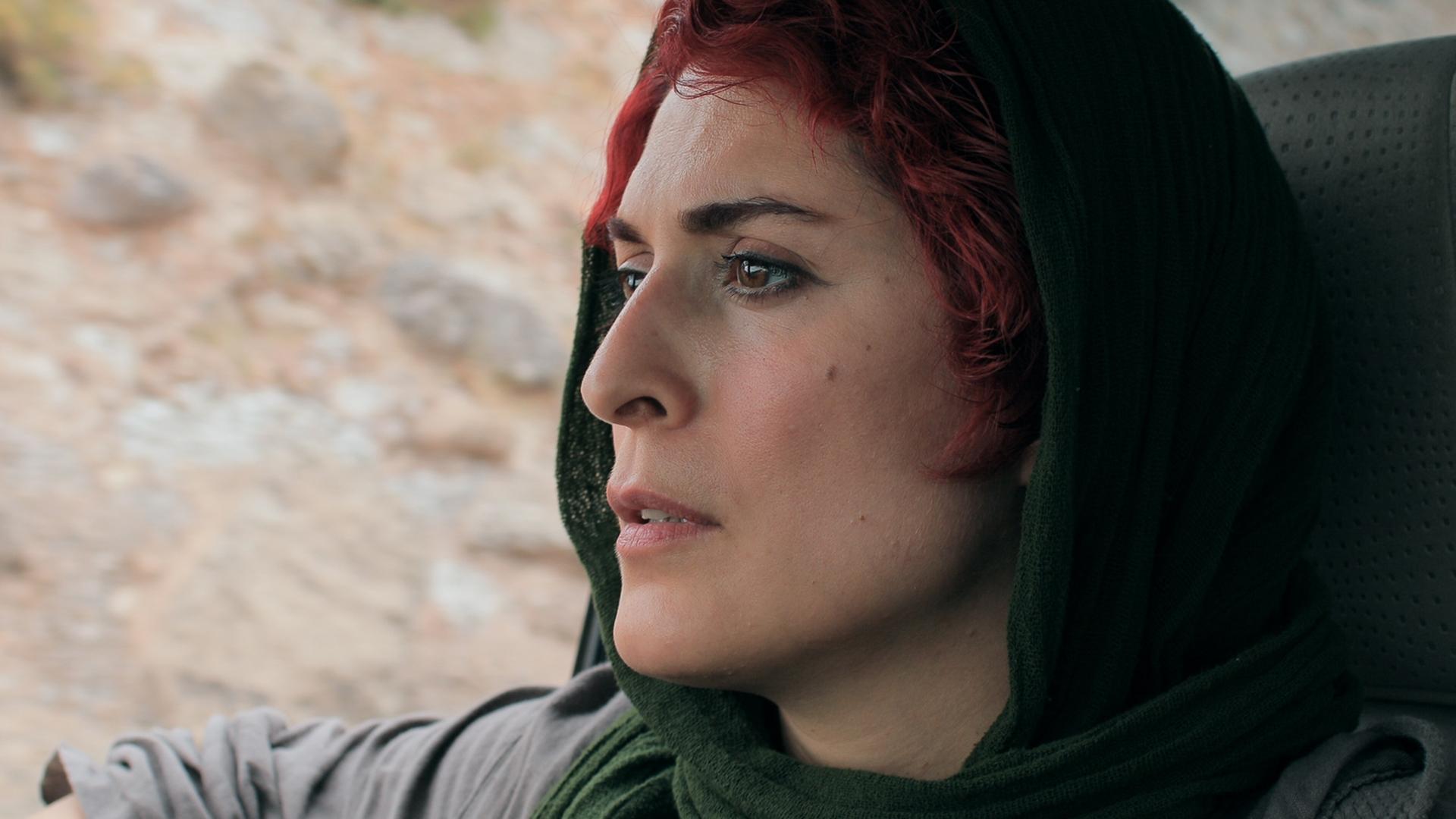
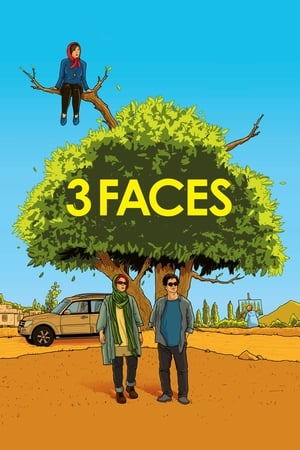
3 Faces
2018 • 1h 40min • ★ 6.721/10 • Iran
Directed by: Jafar Panahi
Cast: Behnaz Jafari, Jafar Panahi, Marziyeh Rezaei, Maedeh Erteghaei, Narges Del Aram
Filmmaker Jafar Panahi and actor Behnaz Jafari travel to a tiny village after receiving a plea for help from a girl whose family has forbidden her from studying acting. Amusing encounters abound, but they soon discover that the local hospitality is rivaled by the desire to protect old traditions.
“3 Faces” is a drama film directed by Jafar Panahi and released in 2018. The film follows the journey of three women, all from different generations, who are struggling with issues related to their personal and professional lives.
The film is set in rural Iran and explores themes of tradition, modernity, and the role of women in Iranian society. The three women in the film are played by real-life actresses Behnaz Jafari, Marziyeh Rezaei, and Maedeh Erteghaei.
The plot of the film begins when Jafari receives a video message from a young girl who has aspirations of becoming an actress, but is being prevented from pursuing her dreams by her conservative family.
If you like Jafar Panahi’s work, on our sister site AuteurGraph we have a profile page, a visual film timeline, and a ratings page that gives a tonne of info and data about their career in a visualized form.
Jafari travels to the girl’s village with Panahi to investigate her situation, and they encounter the other two women along the way.
The film is notable for its exploration of the challenges faced by women in Iran, particularly in rural areas, and the ways in which traditional attitudes and beliefs can hinder their ability to pursue their dreams and aspirations.
The film is also a powerful commentary on the importance of art and creativity in empowering individuals to overcome the challenges they face.
“3 Faces” received critical acclaim and won the Best Screenplay award at the 2018 Cannes Film Festival. It is a thoughtful and deeply moving work that offers a powerful commentary on the human experience and the challenges we face in pursuing our dreams and aspirations
- Behnaz Jafari, Jafar Panahi, Marziyeh Rezaei, Maedeh Erteghaei, Narges Del Aram (Actor)
- Jafar Panahi (Director)
- Audience Rating: NR (Not Rated)
3. Offside (2006)
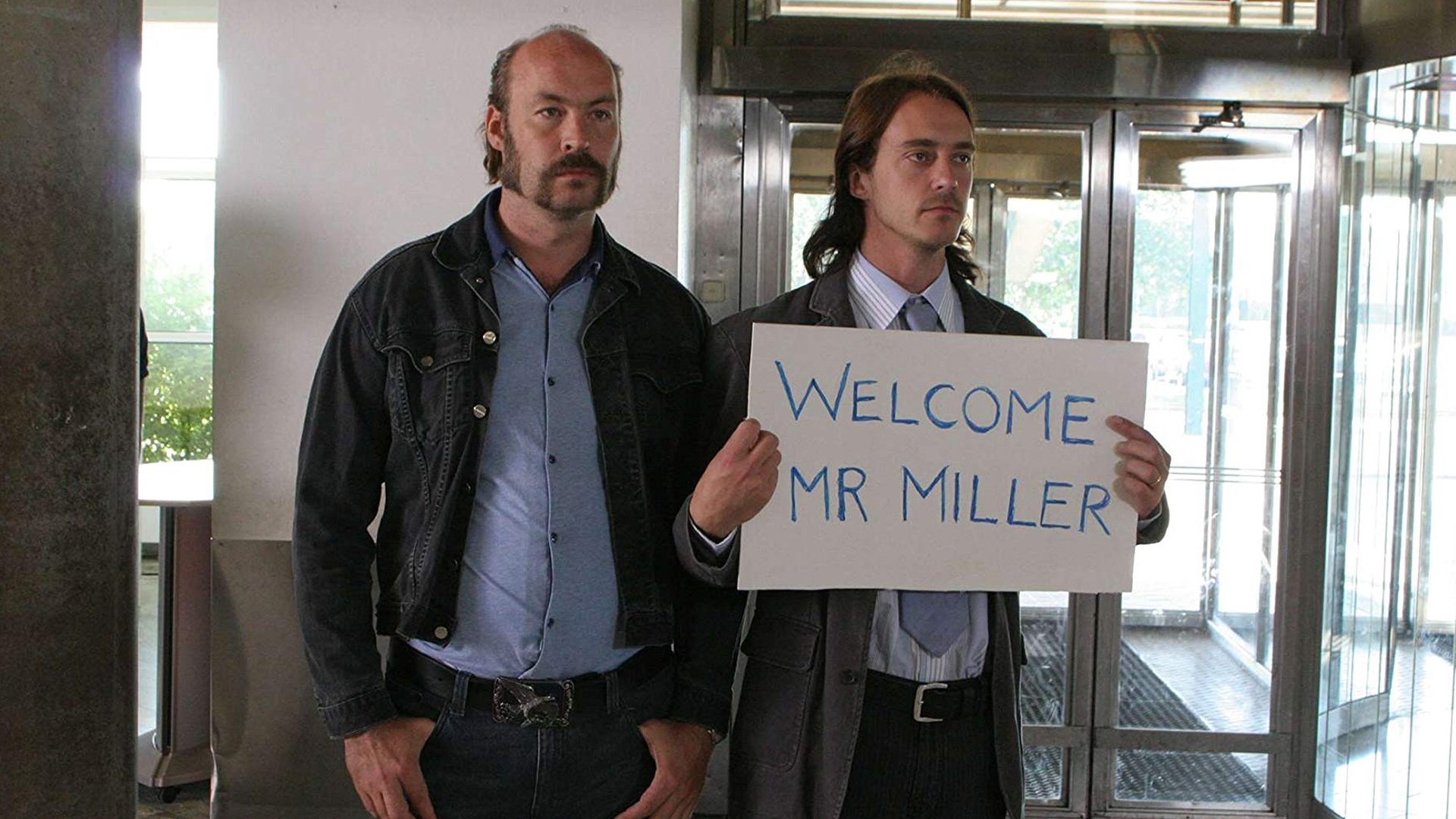
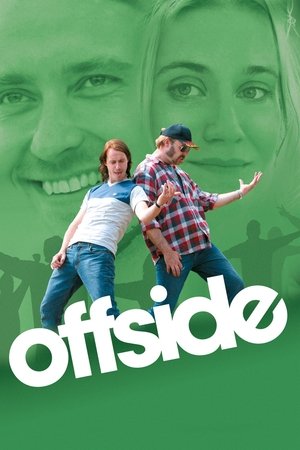
Offside
2006 • 1h 43min • ★ 5.4/10 • Sweden
Directed by: Mårten Klingberg
Cast: Jonas Karlsson, Brendan Coyle, Anja Lundqvist, Torkel Petersson, Göran Ragnerstam
In the sleepy town of Stensfors, the soccer team used to be something to be proud of , playing in the national league 30 years ago. Now the team will be dissolved if it can't win the rest of the games in the local league. Team member Kent goes on a business trip to Liverpool and meet Duncan Miller, the premier league football star of the 1980s who promises to come over to Sweden and play a few games just for fun. Unfortunately, when he arrives it is obvious that their saviour is both an alcoholic and very unfit to play. Plot by Mattias Thuresson.
“Offside” is a 2006 Iranian film directed by Jafar Panahi. The film follows a group of young women who attempt to sneak into a soccer stadium in Tehran to watch a World Cup qualifying match, despite a ban on women attending such events.
The story takes place over the course of one day and centers on the conversations and interactions between the women and the soldiers who are guarding the stadium.
The film was praised for its feminist themes and its powerful commentary on the role of women in Iranian society.
It won the Silver Bear award at the Berlin International Film Festival and was widely acclaimed by critics for its authenticity and its deft blend of humor and social commentary.
“Offside” is a powerful and moving exploration of the challenges faced by women in Iran, and it showcases Jafar Panahi’s unique voice as a filmmaker.
Through the experiences of the women in the film, he offers a nuanced and insightful commentary on the ways in which gender shapes social and political relationships, and he invites viewers to question the restrictions that are placed on women’s lives and the ways in which they might be challenged and overcome.
- DVD
- Multiple Formats, AC-3, Color
- French (Subtitled), English (Subtitled), Farsi (Original Language)
- 1
- 92
4. The Circle (2000)
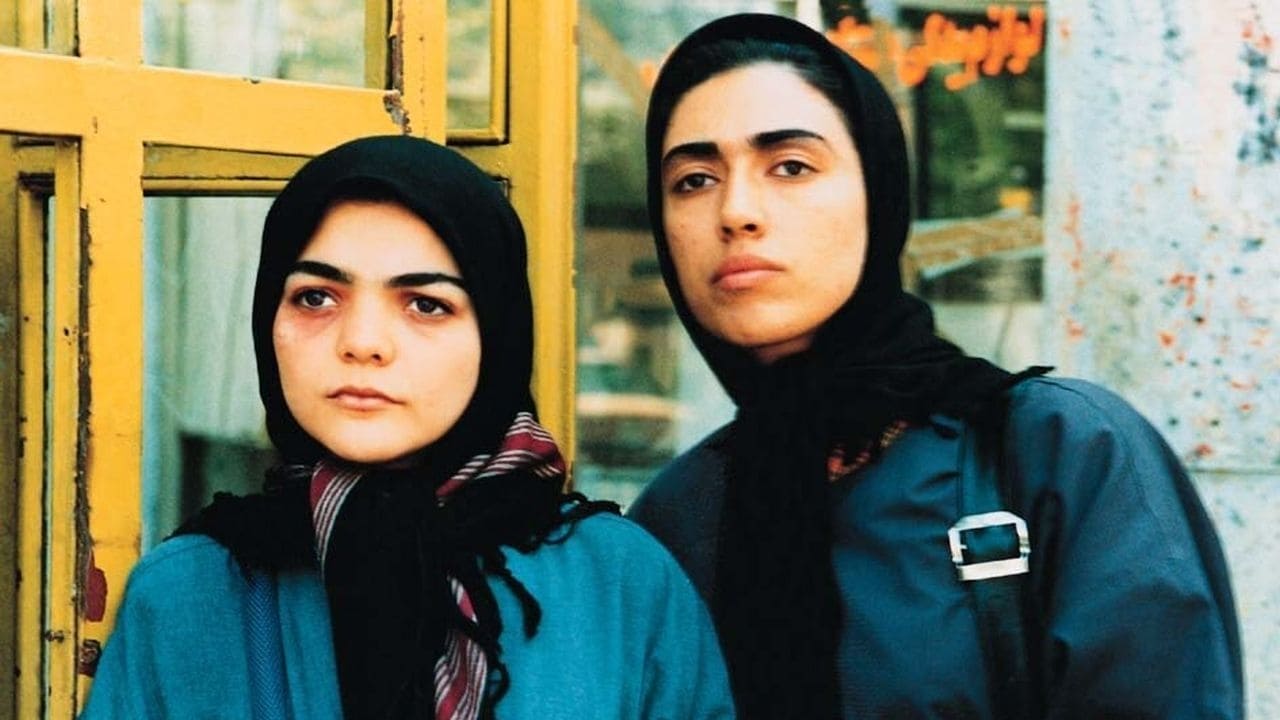
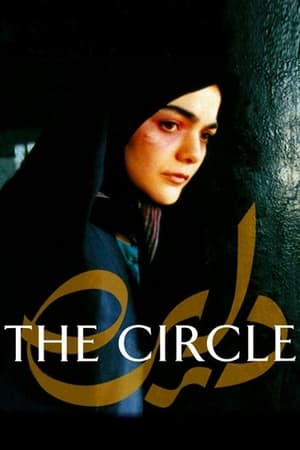
The Circle
2000 • 1h 30min • ★ 6.898/10 • Iran
Directed by: Jafar Panahi
Cast: Nargess Mamizadeh, Maryiam Palvin Almani, Mojgan Faramarzi, Elham Saboktakin, Monir Arab
Various women struggle to function in the oppressively sexist society of contemporary Iran.
“The Circle” (or “Dayereh”) is a 2000 Iranian film directed by Jafar Panahi. The movie follows the lives of several women in Iran who are marginalized and oppressed by a patriarchal society. The film explores themes of gender inequality, poverty, and the harsh reality of life for women in Iran.
The film’s title is a reference to the circle of life, and how it is often cyclical and unchanging. The women in the film are trapped in a never-ending cycle of oppression and struggle, and the film depicts the ways in which they try to break free from their societal constraints.
“The Circle” was widely acclaimed upon its release and won several international awards, including the Golden Lion at the Venice Film Festival.
The film is known for its powerful and provocative portrayal of women in Iran and its criticism of the oppressive patriarchal system in the country.
The film’s honest and unflinching look at the lives of these women is both heartbreaking and inspiring, and it stands as a powerful example of the ability of cinema to bring important social issues to the forefront of public consciousness.
- The Circle ( Dayereh ) ( Il Cerchio )
- The Circle
- Dayereh
- Il Cerchio
- Nargess Mamizadeh, Maryiam Palvin Almani, Mojgan Faramarzi (Actors)
5. This Is Not a Film (2011)
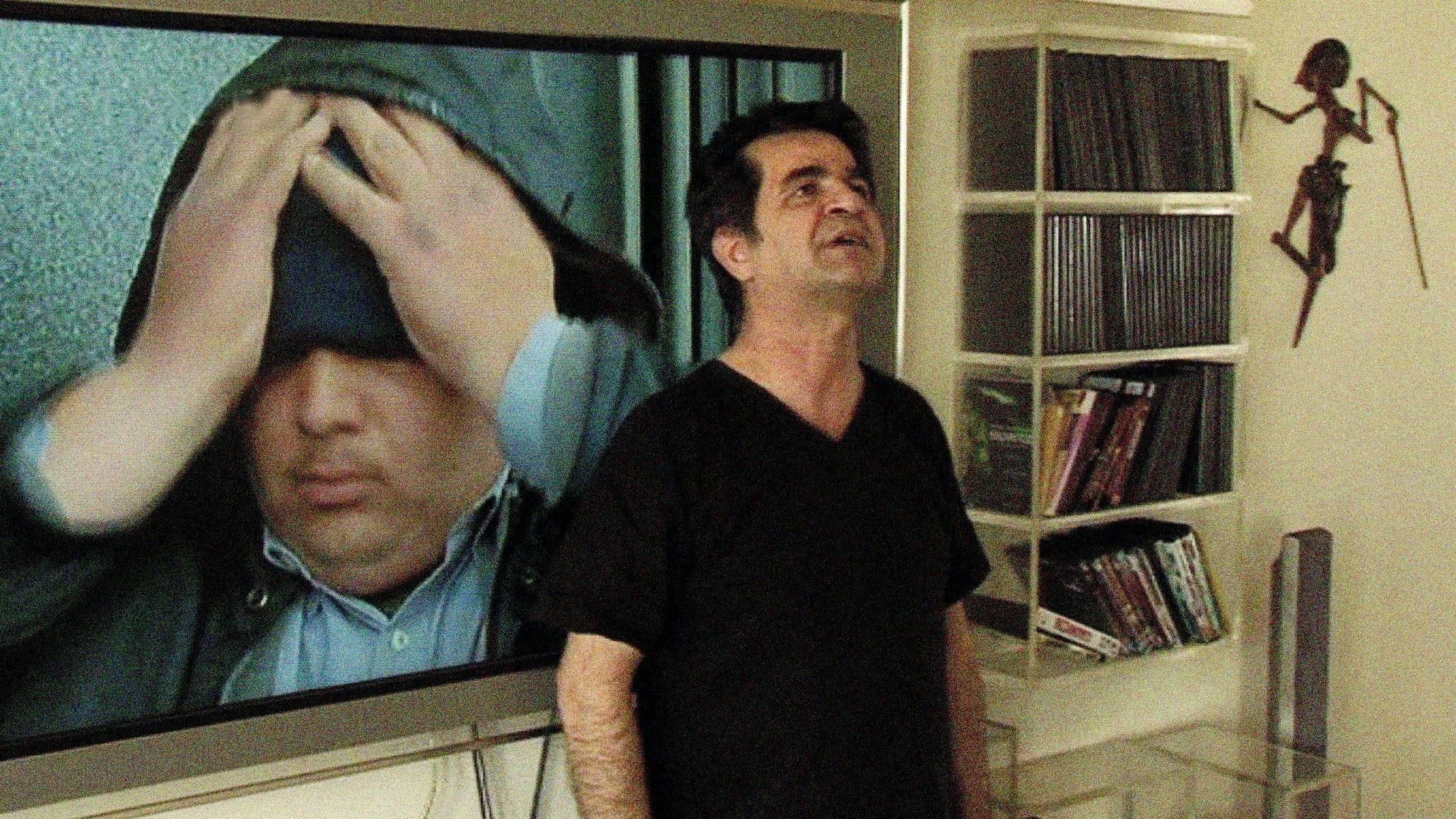
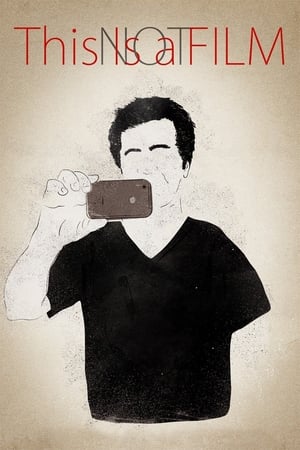
This Is Not a Film
If we could tell a film, then why make a film?
2011 • 1h 15min • ★ 6.984/10 • Iran
Directed by: Mojtaba Mirtahmasb
Cast: Jafar Panahi, Igi, Mrs. Gheirat, Mojtaba Mirtahmasb, Rakhsan
Renowned Iranian director Jafar Panahi received a 6-year prison sentence and a 20-year ban from filmmaking and conducting interviews with foreign press due to his open support for the opposition party in Iran's 2009 election. In this film, which was shot secretly by Panahi's close friend Mojtaba Mirtahmasb and smuggled into France on a USB stick concealed inside a cake for a last-minute submission to Cannes, Panahi documents his daily life under house arrest as he awaits a decision on his appeal.
“This Is Not a Film” is a documentary film directed by Jafar Panahi and Mojtaba Mirtahmasb. The film was created while Panahi was under house arrest and awaiting trial in Iran for his alleged involvement in anti-government protests.
The documentary is a powerful commentary on the state of freedom of expression and censorship in Iran, as well as the role of art in society.
The film is shot on a low-quality camera and is comprised of footage shot by Panahi himself, who narrates the film and explains his situation. The documentary also includes footage of Panahi interacting with his lawyer and pet iguana, and watching his own films.
The film is a powerful statement on the value of artistic expression and the importance of free speech. Panahi’s plight is a powerful example of the challenges faced by artists in Iran, and his determination to continue creating art in spite of these challenges is a testament to the resilience of the human spirit.
Despite the difficult circumstances under which it was made, “This Is Not a Film” has received critical acclaim and is widely regarded as a powerful and important work of documentary filmmaking.
It serves as a powerful reminder of the importance of art and the need to defend free expression, even in the face of censorship and oppression.
No products found.
6. Crimson Gold (2003)
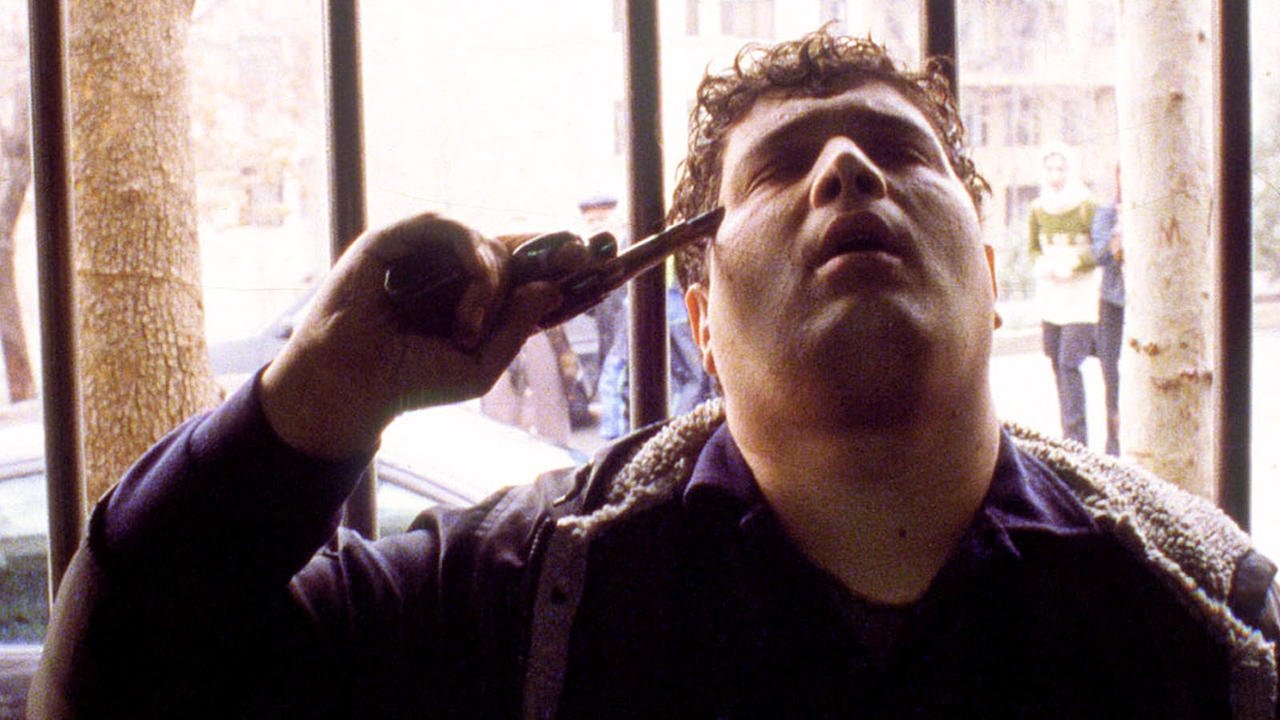
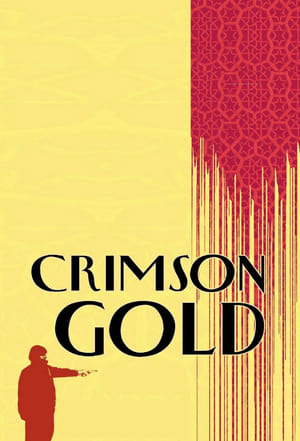
Crimson Gold
When you're pushed too far, you might just push back
2003 • 1h 36min • ★ 6.987/10 • Iran
Directed by: Jafar Panahi
Cast: Hossain Emadeddin, Kamyar Sheisi, Azita Rayeji, Shahram Vaziri, Ehsan Amani
Pizza man Hussein is a daily witnesses to the unjust distribution of wealth in his native Iran. One day, he finds a purse filled with shockingly expensive receipts from an upscale jewelry store. He attempts to bring the purse back to the store, but because of his working-class attire, he's not allowed inside. Then, during a delivery, a rich man invites Hussein into his extravagant mansion – an event that spurs Hussein to make a desperate bid for wealth.
“Crimson Gold” is a 2003 Iranian film directed by Jafar Panahi, with a screenplay by Abbas Kiarostami. The film tells the story of a pizza deliveryman named Hussein, who is struggling to make ends meet in Tehran.
One day, while on a delivery, he finds himself in a jewelry store, where he is denied entry because of his working-class appearance.
This experience sets off a chain of events that lead to a tragic and violent conclusion.
The film is a powerful critique of Iranian society, and it offers a searing commentary on the social and economic inequality that characterizes life for many people in modern-day Iran.
Through Hussein’s story, Panahi offers a deeply human portrayal of a man whose dignity and self-worth are constantly under threat, and he uses his camera to capture the often-brutal realities of life in Tehran’s underclass.
“Crimson Gold” is a challenging and thought-provoking film that is widely regarded as one of Jafar Panahi’s best works. It offers a sobering portrait of contemporary Iranian society, and it shows how the quest for dignity and respect can be both an empowering and a dangerous pursuit.
The film is a testament to Panahi’s skill as a filmmaker and his unwavering commitment to telling stories that challenge and provoke.
- Amazon Prime Video (Video on Demand)
- Hossain Emadeddin, Pourang Nakhael, Azita Rayej (Actors)
- Jafar Panahi (Director) - Abbas Kiarostami (Writer) - Jafar Panahi (Producer)
- (Playback Language)
- Audience Rating: NR (Not Rated)
7. Closed Curtain (2013)
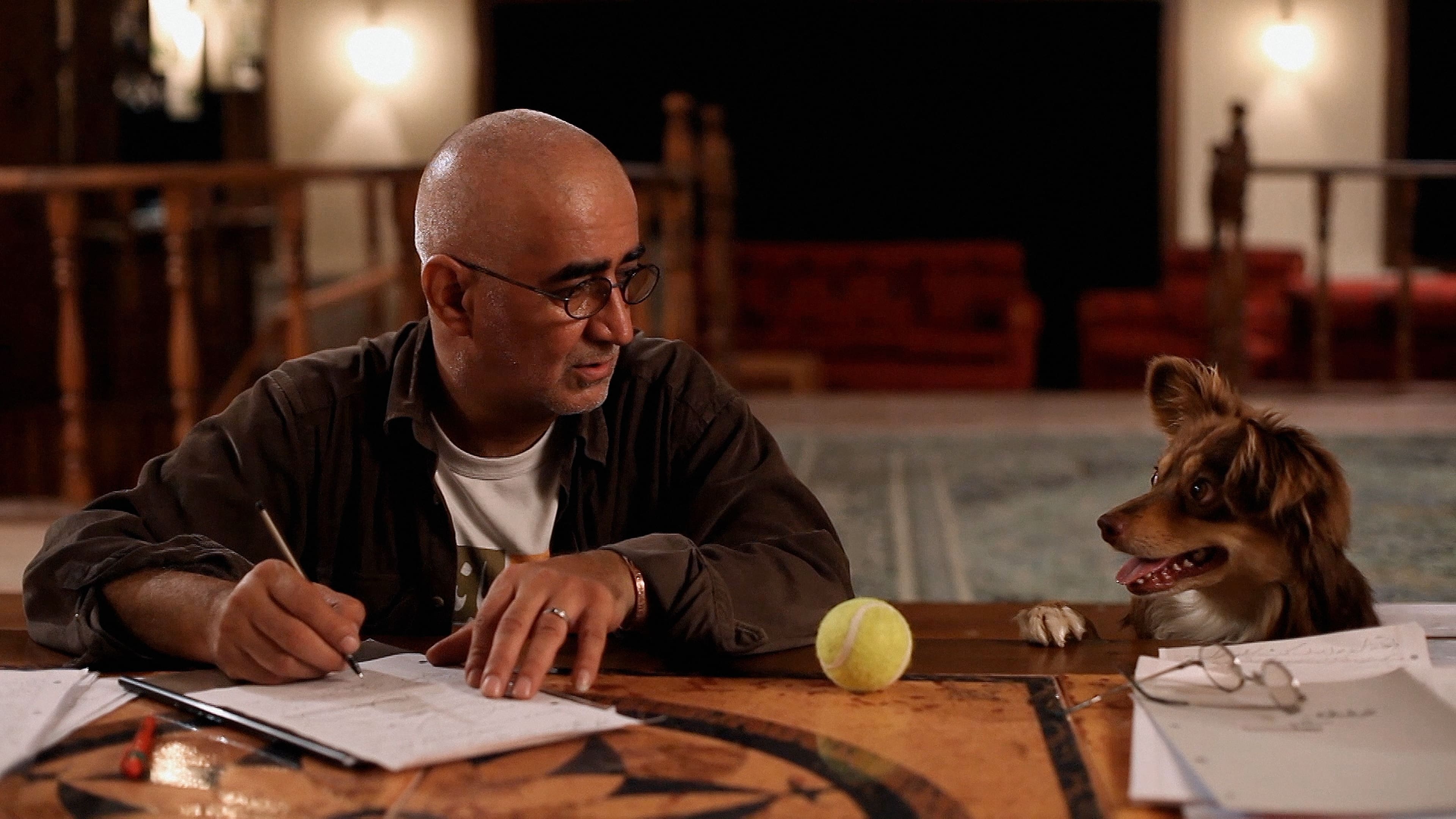
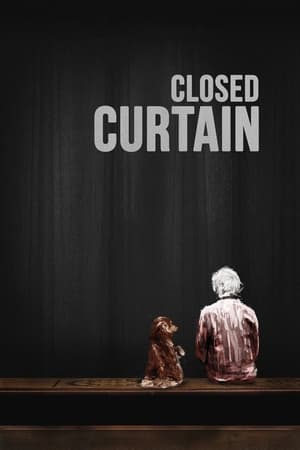
Closed Curtain
2013 • 1h 46min • ★ 6.8/10 • Iran
Directed by: Jafar Panahi
Cast: Kambuzia Partovi, Maryam Moghaddam, Jafar Panahi, Hadi Saeedi, Azadeh Torabi
In a secluded house by the sea with the curtains shut, a screenwriter hides from the world with only his dog as company. The tranquility is abruptly broken one night by the arrival of a young woman fleeing from the authorities. Refusing to leave, she takes refuge in the house. But come dawn, another unexpected presence will change everything.
“Closed Curtain” is a 2013 Iranian film directed by Jafar Panahi and Kambozia Partovi. The movie tells the story of a man who is hiding from the authorities with his dog in a remote house on the beach.
As he tries to keep a low profile, a young woman and her brother enter the house, seeking refuge from the police. The film explores themes of freedom, creativity, and the human desire for connection.
The film is notable for its meta-fictional elements, as it blurs the line between reality and fiction. The main character is played by co-director Jafar Panahi, who was under house arrest at the time of the film’s production.
Like many of his films, “Closed Curtain” is a powerful commentary on the restrictions placed on artists in Iran and the importance of creativity and expression in the face of oppression.
“Closed Curtain” received critical acclaim for its powerful storytelling and its poignant commentary on censorship and artistic expression.
The film won the Silver Bear for Best Script at the Berlin International Film Festival and was also nominated for the Golden Bear award. It is a powerful and thought-provoking work of cinema that sheds light on the struggles of artists in repressive societies.
- Closed Curtain ( Pardé )
- Closed Curtain
- Pardé
- Kambuzia Partovi, Maryam Moqadam, Jafar Panahi (Actors)
- Jafar Panahi (Director) - Closed Curtain ( Pardé ) (Producer)
3 Characteristics of Jafar Panahi Films
Jafar Panahi is a highly regarded Iranian filmmaker known for his socially and politically charged films. Here are three characteristics that are common in many of his films:
Social Realism: Many of Panahi’s films focus on the struggles of everyday people in Iran, particularly those who are marginalized or disadvantaged.
He often depicts the harsh realities of life in Iran, including poverty, censorship, and political oppression, with a keen eye for detail and a strong sense of empathy for his characters.
Non-Professional Actors: Panahi often casts non-professional actors in his films, which helps to give his work a sense of authenticity and realism.
He often works with non-actors who are playing characters based on their own experiences, which lends his films a unique sense of intimacy and emotional resonance.
Metanarrative and Self-Reflexivity: Many of Panahi’s films are marked by a metanarrative structure and a sense of self-reflexivity.
He often plays with the boundaries between reality and fiction, blurring the lines between his own life and the lives of his characters. He is known for his inventive and creative use of storytelling techniques, which often challenge the audience’s expectations and assumptions.
Overall, Panahi’s films are marked by a strong sense of social consciousness, a commitment to realism and authenticity, and a unique and innovative approach to storytelling.
He is a highly regarded and influential filmmaker whose work has helped to shape the landscape of Iranian cinema.
3 Reasons Why You Should Watch Jafar Panahi Films
Unique Perspective: Jafar Panahi’s films offer a unique and insightful perspective on life in contemporary Iran.
Through his work, he offers a nuanced and often critical commentary on the social and political issues facing the country, and he explores the challenges and opportunities faced by ordinary Iranians.
His films are a valuable window into a complex and often misunderstood culture, and they offer viewers the opportunity to engage with the human stories that lie beneath the headlines.
Artistic Excellence: Jafar Panahi is widely regarded as one of Iran’s greatest living filmmakers. His films are marked by a keen visual sense, a commitment to storytelling, and a willingness to experiment with different forms and styles.
Whether he is working in fiction or documentary, his films are marked by a distinctive and powerful voice that is both moving and thought-provoking.
Social and Political Relevance: Jafar Panahi’s work is deeply rooted in the social and political realities of modern-day Iran.
His films explore a wide range of issues, from gender inequality to political repression, and they offer viewers a glimpse into the lives of ordinary people who are struggling to make sense of a rapidly changing world.
By engaging with these themes, Panahi’s films offer a powerful and compelling reflection on the social and political issues of our time, and they challenge us to think more deeply about the world around us.
Best Jafar Panahi Films – Wrapping Up
Jafar Panahi is one of the most celebrated filmmakers in Iran and has made several critically acclaimed films throughout his career.
Despite facing restrictions and censorship by the Iranian government, he has continued to produce powerful and thought-provoking works of cinema. Here are some of his best films:
“The White Balloon” (1995) – This film is Panahi’s directorial debut and tells the story of a young girl in Tehran who is determined to buy a goldfish for the Iranian New Year.
The film is a touching portrayal of childhood innocence and wonder and is widely regarded as one of the best Iranian films of all time.
“The Circle” (2000) – As previously mentioned, “The Circle” is a powerful and provocative portrayal of women in Iran and the oppressive patriarchal system that they face.
The film won the Golden Lion at the Venice Film Festival and is widely regarded as one of the most important Iranian films of all time.
“Offside” (2006) – “Offside” tells the story of a group of young Iranian women who are arrested for trying to attend a football match, which is prohibited for women in Iran.
The film is a powerful commentary on gender inequality and the courage of young women in the face of adversity.
“This Is Not a Film” (2011) – This film was made by Panahi while he was under house arrest and is a powerful statement on the importance of artistic freedom and expression. The film was smuggled out of Iran on a USB drive hidden in a cake and premiered at the Cannes Film Festival.
“Taxi” (2015) – As previously mentioned, “Taxi” is a mixture of documentary and fiction and features Panahi himself driving a taxi around Tehran and interacting with real people. The film is a powerful and poignant portrayal of the daily struggles and joys of life in modern Iran.
Overall, Jafar Panahi is a master filmmaker who uses his art to comment on important social and political issues. His films are powerful, thought-provoking, and essential viewing for anyone interested in Iranian cinema or the role of art in society.







![The Circle [DVD]](https://m.media-amazon.com/images/I/514MxiyaZVL.jpg)


![Closed Curtain [DVD]](https://m.media-amazon.com/images/I/51zhYeDGWQL.jpg)

